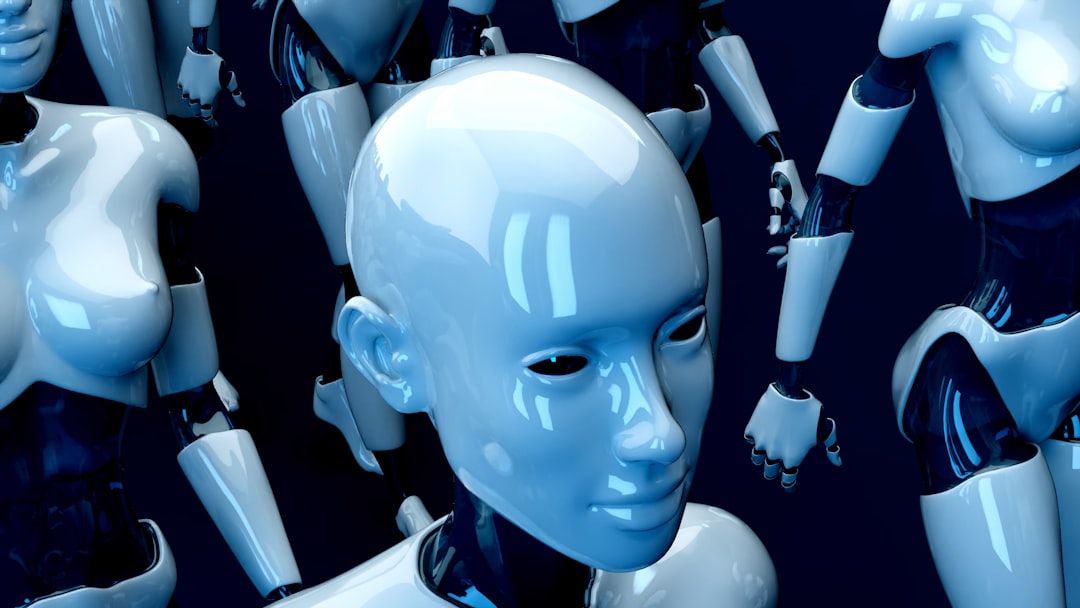As the United States continues to be a global leader in artificial intelligence innovation, the demand for professionals who can design, build, and maintain AI tools has never been higher. Developing AI tools requires a versatile set of technical, analytical, and soft skills. Whether one is working on machine learning algorithms, natural language processing, or AI-driven robotics, mastering these skills is essential for contributing meaningfully to the field.
1. Proficiency in Programming Languages
At the foundation of AI development lies strong programming knowledge. Most AI tools are built using languages such as Python, Java, C++, R, and increasingly, Julia. Of these, Python dominates due to its extensive libraries and frameworks tailored for AI development, such as TensorFlow, PyTorch, Keras, and Scikit-Learn.
Understanding data structures, algorithms, and runtime efficiency is also vital. These fundamentals help developers build systems that can handle massive datasets and perform complex computations quickly and efficiently.
2. Expertise in Mathematics and Statistics
Artificial Intelligence is grounded in mathematical principles. A deep knowledge of linear algebra, calculus, probability, and statistics is required to comprehend machine learning algorithms, optimize models, and analyze their performance. These skills enable developers to fine-tune neural networks and interpret outcomes in a meaningful way.

Mathematics is especially vital for specialties like deep learning and reinforcement learning, where complex models must learn from high-dimensional data in dynamic environments.
3. Understanding of Machine Learning and Data Science
At the heart of AI lies machine learning (ML). Developers must grasp the fundamental concepts of supervised, unsupervised, and reinforcement learning. They should also be familiar with different algorithms like decision trees, support vector machines, Naive Bayes classifiers, and deep neural networks.
Complementing ML knowledge, data science skills are equally important. These involve data cleansing, preprocessing, exploratory data analysis, and feature engineering. The ability to handle large datasets and draw insights is crucial in training models effectively.
4. Knowledge of Cloud Platforms and Big Data Tools
AI applications often demand scalable infrastructure. Hence, familiarity with cloud computing platforms such as Amazon Web Services (AWS), Google Cloud Platform (GCP), and Microsoft Azure is advantageous. These platforms offer powerful tools and resources for deploying AI models and managing computing workloads in real-time environments.
Additionally, exposure to big data technologies like Hadoop, Spark, and Hive allows developers to handle and analyze massive datasets efficiently, which is a common requirement in many AI applications.
5. Soft Skills and Innovation Mindset
In the collaborative and fast-paced environment of AI development, soft skills cannot be underestimated. Effective communication, problem-solving, and adaptability are essential. AI developers must work closely with cross-functional teams, including engineers, data scientists, business analysts, and stakeholders.

Creativity and critical thinking are particularly important in designing innovative AI solutions that can adapt to real-world usage, handle edge cases, and operate reliably at scale.
6. Familiarity with Ethics and Regulations
As AI is integrated into sensitive areas such as healthcare, finance, and law enforcement, understanding the ethical implications is important. Developers in the USA need to be conversant with regulations and guidelines such as the AI Bill of Rights and data privacy laws like GDPR and CCPA. Designing fair, explainable, and non-biased AI systems is both a technical and societal responsibility.
Conclusion
Developing AI tools requires far more than just coding ability. It is a multifaceted discipline that blends programming, mathematics, data science, domain expertise, and a strong ethical foundation. As the field evolves, those who constantly learn and adapt will be at the forefront of innovation in America’s AI landscape.
Frequently Asked Questions (FAQ)
- Q: What programming language is best for AI development?
A: Python is the most widely used due to its simplicity and powerful AI libraries like TensorFlow and PyTorch. - Q: Do I need a degree to become an AI developer?
A: While a degree in computer science or a related field is helpful, many self-taught developers use online courses and certifications to enter the industry. - Q: How important is math in AI development?
A: Extremely important. A solid grasp of algebra, calculus, and statistics is essential to understand and build AI models. - Q: Can someone without a tech background get into AI?
A: Yes, though it may take more time and effort. Starting with foundational courses in coding and data science is recommended. - Q: What soft skills do AI developers need?
A: Strong communication, problem-solving, and adaptability are crucial for success in collaborative AI projects.




